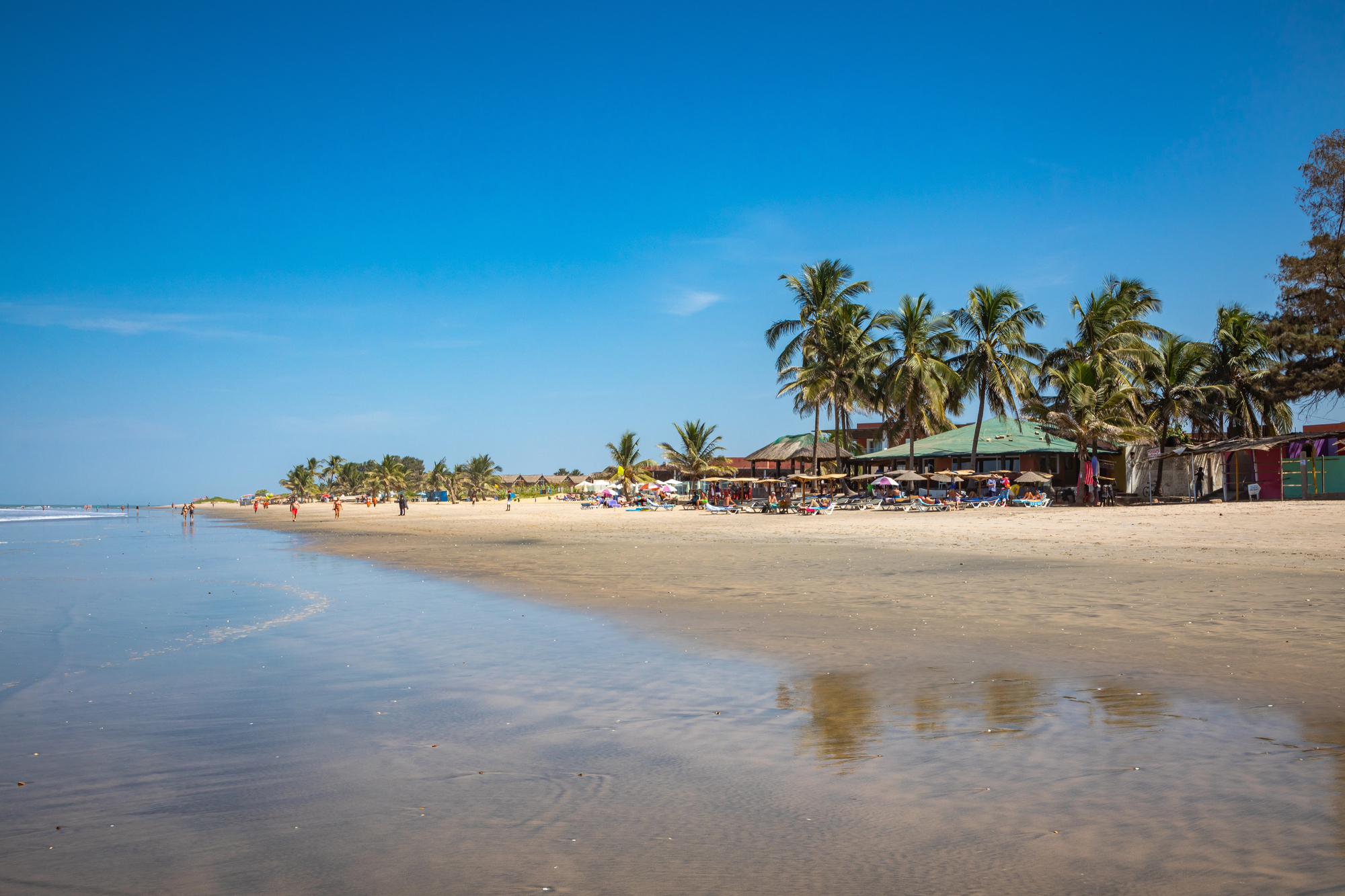
The best time to visit West Africa depends on a few key factors: your weather preference, the activities you want to experience, and whether you enjoy traveling during peak or off-peak seasons. Let’s break it all down so you can plan your trip like a pro!
Weather: Dry vs. Rainy Season
West Africa has two main seasons—dry and rainy. But don’t worry, no matter when you go, you’ll still get plenty of that warm, tropical climate.
Dry Season (November – April)
If you love sunshine and outdoor adventures, the dry season is your best bet. The days are warm, the skies are clear, and it’s the ideal time for beach outings, hiking, and wildlife spotting. Evenings and nights can be cooler, especially from December to February when the Harmattan winds blow in from the Sahara, covering everything in a fine layer of desert dust.
This is when you’ll see locals pulling out sweaters and blankets—yes, really! The air gets dry, so pack some lip balm and shea butter to keep your skin from feeling like cracked earth. And if you have sensitive eyes or respiratory issues, sunglasses and a mask will be your best travel companions. Oh, and one more thing—Harmattan can cause flight delays due to reduced visibility. Plan accordingly!
Rainy Season (May – November)
Love lush landscapes? The rainy season is when West Africa turns into a vibrant, green paradise. Yes, it rains—sometimes a lot—but that doesn’t mean non-stop downpours. Some days have only brief showers, followed by sunshine. Plus, the cooling rain can be a welcome relief from the heat.
Humidity? Oh, it’s real. Be prepared to sweat. Carry an umbrella for surprise showers and keep a cotton handkerchief handy—you’ll be dabbing your forehead like a pro in no time. One downside? Some roads flood, making travel a bit tricky. But if you enjoy cultural festivals, traditional cuisine, and the fresh scent of rain-soaked earth, this season has its perks.
Activities: Timing Your Trip Around Events
West Africa is packed with vibrant cultural festivals, and many are season-dependent. If you have your heart set on a specific event, plan accordingly:
- Akwasidae Festival (Ghana) – Held every six weeks on a Sunday in Kumasi.
- Kwahu Paragliding Festival (Ghana) – Happens around Easter.
- Voodoo Festival (Benin) – Takes place in January.
- Durbar Festival (Nigeria) – Celebrated during Eid.
If festivals aren’t your thing, no worries! Many activities, like exploring historical sites, lounging on beaches, and enjoying the local food scene, are available year-round.
Travel Seasons: Peak vs. Off-Peak
Do you thrive on the energy of crowds, or do you prefer a more relaxed travel experience? Here’s what to expect:
- Peak Season (November – April): Expect higher prices and more tourists, especially around December and January when holiday travelers flood in.
- Summer Season (June – August): Another busy travel time, as many visitors from Europe and North America make their way over during their summer holidays.
- Off-Peak Season (May – June, September – October): Fewer tourists, better deals, and a more laid-back experience. Perfect if you like quieter travel!
So, When’s the Best Time for YOU?
It all depends on what you want out of your trip! If you prefer clear skies and lots of activities, go during the dry season. If you love greenery and cultural festivals, the rainy season might be your best bet. Either way, West Africa is a fantastic destination all year round.
Want more travel tips and exclusive insights? JOIN OUR MAILING LIST and stay in the know!

Leave a Reply